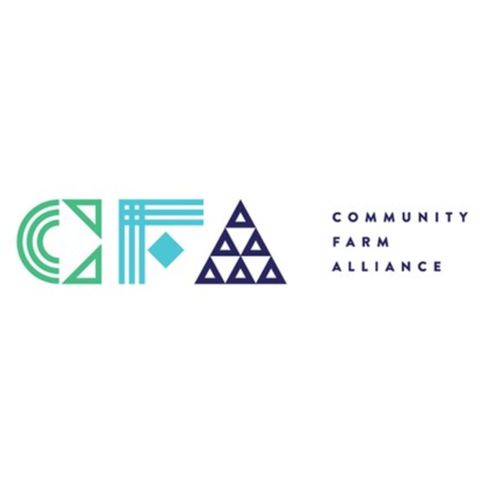In this special final episode of Woven Roots, Appalachian Transition Fellow, Sam Hamlin, joins Candace Mullins and Micah Wiles for their first Fiber Day on Cedar Creek Farm in Somerset Kentucky. Nestled in the hills of Pulaski County, Cedar Creek Farm is operated by Micah Wiles and his family. It is home to a multitude of agricultural endeavors, including: raising heritage breed Dexter cattle for grass-fed beef, operating a vineyard and winery, and caring for vegetable gardens and fruit and nut trees, and tanning a variety of hides using sustainable practices. In addition, Candace Mullins grows a small plot of flax on the farm each year and is experimenting with small-scale linen production. For more information on the Wiles family’s diversified farm, see Sister Kathy Curtis’ Breaking Bean Piece, Cedar Creek Farm: A Model for Sustainability. In late October, Candace and Micah hosted their first Fiber Day at the farm, with the goal of bringing together farmers, artisans, and all those interested in working with natural fiber to build relationships and to learn from one another. After eating a delicious, home-made lunch, participants took the opportunity to explore different modes of fiber production including natural dyeing, spinning, and hide tanning. Participants also had the opportunity to hand-process flax fiber, using a break and hackles, a method of processing bast fibers that has been used for centuries. To begin this episode of Woven Roots, Sam Hamlin talks with Candace Mullins to learn more about her work growing, processing, and spinning flax for linen. Candace shares about her experience discovering the power of weaving and Appalachian fiber arts at Berea College, her vision for collaborative fiber production in Kentucky, and finally, on the power of fiber to tell stories. Next, Sam Hamlin talks with Micah Wiles about hide tanning on the farm. Micah is committed to ethical and sustainable tanning practices. Unlike many contemporary large-scale tanneries that use toxic heavy metals, Micah uses natural tanning methods that are friendly to the environment to create quality, durable hides. In addition, he sources from local materials. He shares about the tanning process, as well as his visions for creating high quality, natural fiber products. To close the episode, Sam sits down with Phillip Willet, master spinner and weaver in Berea, Kentucky. In addition to creating beautiful yarns, hand-dyed with natural dyes such as indigo and marigold, Phil is looked up to by many aspiring weavers as a teacher and mentor. Phil talks about his journey into the world of fiber arts and about the pleasure of working with natural fibers. For information on Cedar Creek Farm, including their tannery, visit their website at: http://www.cedarcreekfarmky.com/ Check out Sam Hamlin’s Woven in Kentucky: An Assessment of the Natural Fiber Textile Sector in Appalachian Kentucky to learn more about Community Farm Alliance’s work with natural fiber. Learn more about your ad choices. Visit megaphone.fm/adchoices
mostra meno

